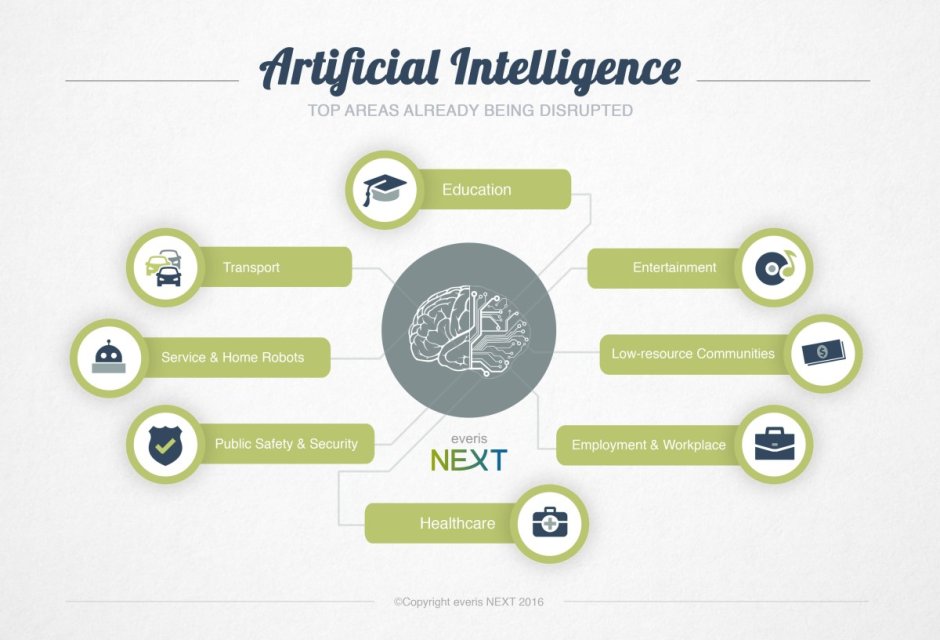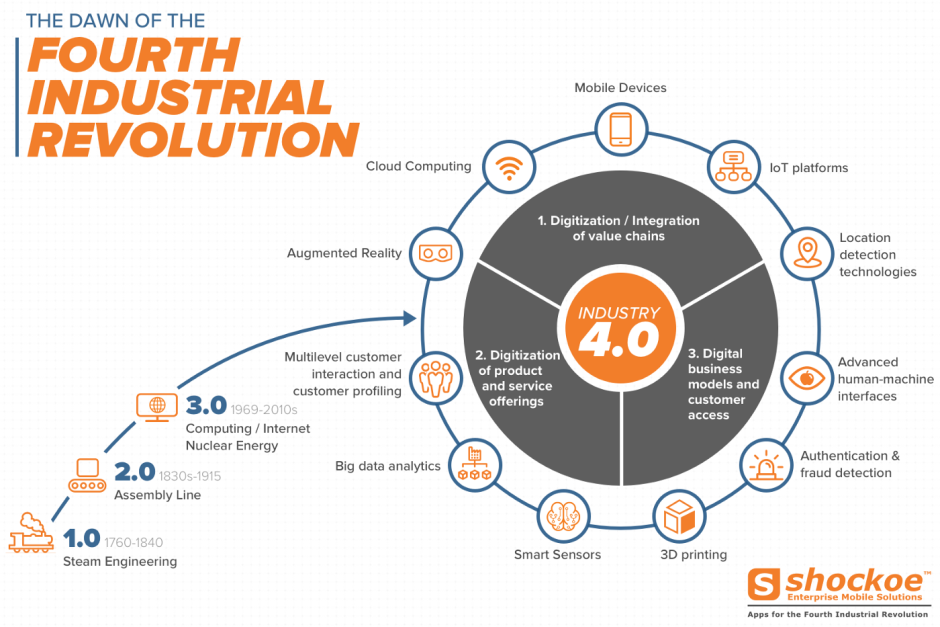Digital transformation of industries
In today's rapidly evolving digital landscape, industries across the board are undergoing a profound transformation. The advent of new technologies has paved the way for digitized processes, automated systems, and enhanced connectivity. From manufacturing and healthcare to finance and retail, every sector is embracing digital transformation to stay competitive and meet the ever-changing demands of the modern world.
One of the key drivers of this transformation is the integration of intelligent systems powered by artificial intelligence (AI) and machine learning (ML). These technologies enable industries to streamline operations, improve efficiency, and make data-driven decisions. With AI and ML algorithms analyzing vast amounts of data, businesses can identify patterns, predict trends, and optimize their processes for maximum productivity.
Moreover, digital transformation fosters innovation and opens up new opportunities for growth. By leveraging cloud computing, Internet of Things (IoT), and big data analytics, industries can collect, store, and analyze valuable information in real-time. This allows for better customer insights, personalized experiences, and targeted marketing strategies. Additionally, it enables businesses to adapt quickly to market changes and launch new products or services with agility.
Furthermore, digital transformation enhances collaboration and communication within and between industries. Cloud-based platforms, video conferencing tools, and project management software facilitate seamless teamwork, irrespective of geographical boundaries. This not only improves productivity but also promotes creativity and knowledge sharing among employees.
While digital transformation brings numerous benefits, it also poses challenges that need to be addressed. Organizations must invest in robust cybersecurity measures to safeguard sensitive data and protect against potential cyber threats. They must also ensure that their workforce is equipped with the necessary digital skills to navigate through the digital landscape effectively.
In conclusion, digital transformation is reshaping industries across various sectors. Through the integration of AI, ML, cloud computing, IoT, and big data analytics, businesses can revolutionize their operations, drive innovation, and create a competitive edge. Embracing this transformation is crucial for organizations to thrive in the digital age and cater to the evolving needs of their customers. So, get ready to embark on a journey of digital transformation and unlock the endless possibilities it holds for your industry.

































































